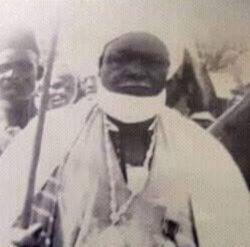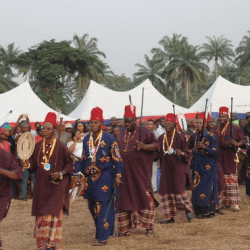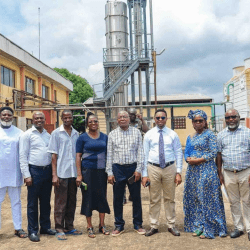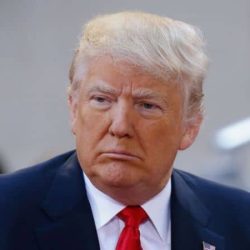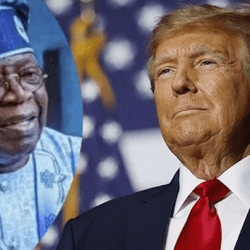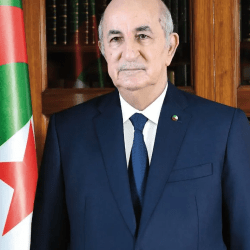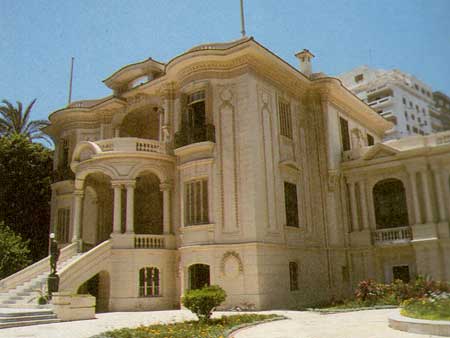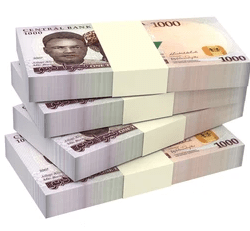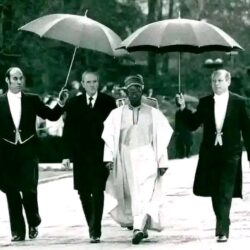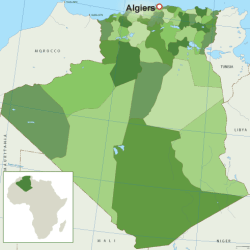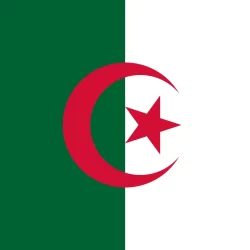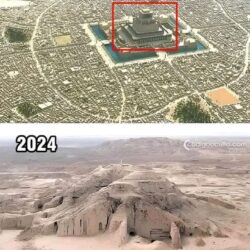Mohamed Ahmed Ben Bella, born on December 25, 1918, in Maghnia, was a revolutionary leader, nationalist, and the first president of independent Algeria. He ruled from September 29, 1962, to June 19, 1965, playing a pivotal role in Algeria’s struggle for independence and its early years as a sovereign state. His life was one of activism, imprisonment, political power, and continued commitment to liberation movements around the world.
Early Life and Political Awakening
Ben Bella grew up in a modest family and pursued his secondary education in Tlemcen. Between 1937 and 1940, he performed military service, gaining experience that would later shape his revolutionary activities.
The brutal May 8, 1945 massacres, when French colonial forces killed thousands of Algerians, marked a turning point in his life. Deeply affected, Ben Bella joined the Algerian People’s Party (PPA), later becoming a member of the Movement for the Triumph of Democratic Liberties (MTLD). He quickly rose through the ranks and became known for his charisma, leadership, and determination.
The Special Organization and Armed Struggle
In 1949, Ben Bella took charge of the Oran sector of the Special Organization (OS), a paramilitary wing preparing for armed struggle. That same year, he organized the attack on the Oran post office, an operation aimed at funding revolutionary activities.
After the dismissal of Hocine Aït Ahmed, Ben Bella was appointed head of the Special Organization in 1949. However, in 1950, the OS was uncovered by French authorities, and he was arrested and sentenced to seven years in prison.
On March 16, 1952, he escaped from Blida prison and fled to Cairo, where he joined the MTLD’s foreign delegation. Cairo, then a hub of Arab nationalism, became the base for his revolutionary activities and international connections.
Arrest and Imprisonment by the French (1956–1962)
On October 20, 1956, Ben Bella and fellow revolutionary leaders—Mohamed Boudiaf, Hocine Aït Ahmed, Mohamed Khider, and journalist Mustafa Ashraf—were arrested in an unprecedented act of air piracy. A French military aircraft intercepted their plane en route from Morocco to Tunisia, forcing it to land in Algiers.
He was imprisoned in La Santé prison and later on the Île d’Aix, remaining behind bars until Algeria achieved independence in July 1962. Despite being incarcerated, Ben Bella became a symbol of resistance and a rallying figure for the National Liberation Front (FLN).
Rise to the Presidency
Following independence, Ben Bella was released and quickly emerged as a key political leader. At the Tripoli Conference in 1962, he took part in shaping Algeria’s new direction. On September 26, 1962, he won the confidence of the National Constituent Assembly, and the following day, he officially became Prime Minister.
After the approval of Algeria’s first constitution, Ben Bella ran for president. On October 15, 1963, he was elected by referendum as the first president of the People’s Democratic Republic of Algeria.
He also became Secretary-General of the FLN at its congress in April 1964, consolidating his political power. His presidency was based in Villa Joly in Algiers, which later became the Central Bank of Algeria.
Policies and Leadership Style
Ben Bella sought to build a socialist state inspired by revolutionary ideals. His policies emphasized:
- Agrarian reform, redistributing land to peasants.
- Nationalization of certain industries.
- Promotion of Arab socialism and closer ties with the Arab and African liberation movements.
However, his leadership style was often criticized as authoritarian. He centralized power around himself and the FLN, sidelining opponents and fostering tensions within the ruling elite.
The 1965 Coup and Imprisonment
On June 19, 1965, Ben Bella was overthrown in a bloodless coup led by Houari Boumediene, his Minister of Defense. Boumediene accused Ben Bella of mismanagement and excessive concentration of power.
Ben Bella was placed under house arrest and imprisonment for 15 years, until President Chadli Bendjedid granted him a pardon in 1980. Following his release, he went into exile in Europe and the Middle East.
Exile, Return, and Later Years
In December 1990, Ben Bella returned to Algeria and founded the Movement for Democracy in Algeria (MDA), but the party was dissolved in 1997 amid political turmoil. He later moved to Switzerland in 1992, returning only in the early 2000s.
Even in his later years, Ben Bella remained active in international causes. He served as:
- A member of the Russell Tribunal on Palestine.
- Chairman of the International Committee for the Gaddafi Prize for Human Rights.
- Chair of the African Union’s Panel of the Wise in 2007, working on conflict resolution and crisis prevention in Africa.
Death and Legacy
Mohamed Ben Bella died on April 11, 2012, at the age of 93. His funeral was marked by national mourning, recognizing him as a founding father of independent Algeria.
His legacy is complex:
- Achievements: Founding member of the FLN, independence hero, and the first head of state of a free Algeria.
- Criticism: His presidency was short-lived and marred by authoritarian tendencies and political instability.
Nonetheless, Ben Bella remains a symbol of Algeria’s fight for freedom and an emblem of the sacrifices made by the revolutionaries of 1954.

1. Who was Mohamed Ahmed Ben Bella?
He was the first president of Algeria, serving from 1962 to 1965, and one of the founding leaders of the FLN.
2. When was Ben Bella born?
He was born on December 25, 1918, in Maghnia, Algeria.
3. What role did he play in Algeria’s independence?
Ben Bella co-founded the FLN, led the Special Organization, and became a symbolic leader while imprisoned by France from 1956 to 1962.
4. How did his presidency end?
He was overthrown by Houari Boumediene in a coup on June 19, 1965, and imprisoned until 1980.
5. When did Mohamed Ben Bella die?
He died on April 11, 2012, at the age of 93.
Mohamed Ben Bella’s life reflects the story of modern Algeria itself: colonial oppression, revolutionary struggle, independence, political turbulence, and lasting activism. Though his presidency was brief and controversial, he will always be remembered as the first president of Algeria and a central figure in the country’s journey to freedom.

